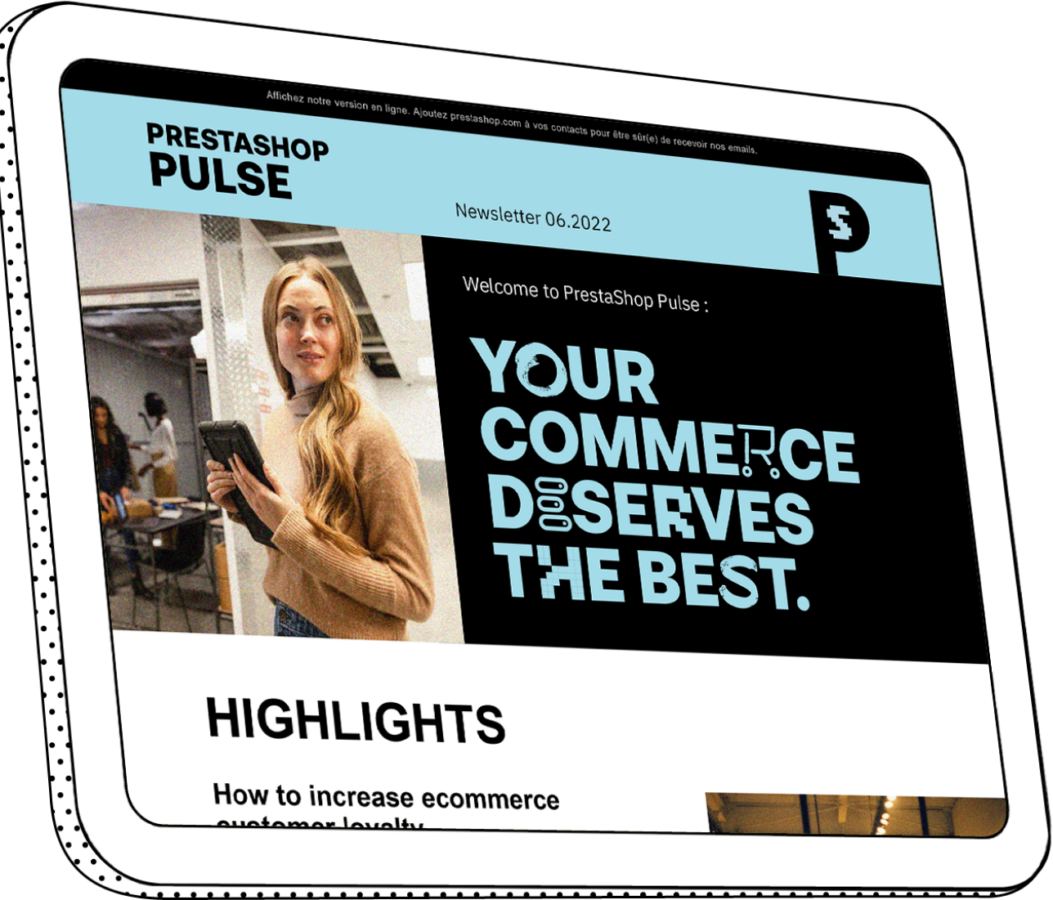
Why are product titles so important?
In the following article, you will get familiar with the importance of title tags and their role in your shop’s search engine rankings. Beside this article you can reach our ultimate SEO Checklist for e-commerce to optimize your ranks.
By the time you finish reading, you will know four important things about title tags:
- What are title tags
- Why are title tags important, and how do these affect your ranking
- What can you do to optimise your title tags
- The wrong practices you should avoid while writing title tags
What are title tags?
The title tag is one of the essential parts of a search engine optimization plan. It is widely used because of how simple it is to modify and optimise it. It is a low effort task that yields high returns. PrestaShop provides built-in solutions to manage these title tags, and there are also multiple community developer or PrestaShop partner created modules on their addons marketplace. The title tag names your page and tells search engines what it is about.
In code it should look like this:
<title> your well written title </title>
The title tag is one of the first things search engines take into consideration when determining how your page ranks.
The title tags appear in the following places:
- Search engine results pages
- Social media posts
- Messenger, Telegram, WhatsApp chat messages
- Browser tabs
Why are title tags essential and how do these affect your ranking
Title tags are way more powerful than you might ever think. This is because search engines utilise titles, among other things, to learn what a page is about and, hence, what keywords to rank it for.
Besides this, search engines use these tags on result pages as clickable titles. These show up if someone shares your page on social media or sends it as a message through a chat app like Messenger, WhatsApp, Viber or Telegram. Google Docs, Sheets and Drive also embeds these clickable titles. So if a customer gets in contact through one of the ways mentioned above with your shop, the title tags are the first things they will notice.
These titles are essential to both people and robots. Thanks to them, people will know what can be found on your page if they click the link. Crawlers rank your site based on a lot of factors, of which title tags are a vital part.
Google even says that these titles are critical in its Webmaster Guidelines.
Removing and adding keywords to title tags will severely affect the page’s ranking even when the keywords are included in the page itself.
What can you do to optimise your title tags?
Missing, duplicate, and poorly written title tags will most likely have a negative impact on your SEO results. Try to compose unique titles for each page. The duplicate ones are highlighted in Search Console. When many pages have the same title tag, these tags are useless to the search engine so it tends to ignore it and use other relevant content that can be found on your page as the title in the SERP.
Another important part is consistency. To bind the topic together, you should always add words that were used in other places on the page to your title.
Knowing your audience, and their search terms is a crucial part of title tag optimization.
When you aren’t sure what terms and phrases people use while searching for your product, you can easily select the wrong title tag and lose the visitor because of this.
You should never skip the keyword research part of optimizing your title tags.
This needs to resemble the intention of the searcher to draw their click.
The title tag is truncated so the optimal length is 50–60 characters. Try to keep it between so you don’t hide any relevant information.
The wrong practices you should avoid while writing title tags
- Writing long title tags
As here is no character limit for title tags, you can exceed the recommended 50 - 60 characters, but you risk losing the attention of the searcher. In this digital era, we want quick answers to our questions so the searcher might choose the second result instead of clicking on our partially visible title tag.
- Prevent keyword stuffing
Keyword stuffing is a manipulative practice that increases a page’s ranking in SERPs. Algorithms becoming better and better got to the point where search engines can easily detect this repetitive keyword stuffing and lower your rankings. Because of this, keyword stuffing is counterproductive.
- Avoid keyword cannibalization
Keyword cannibalization happens when you have a lot of identical or similar keywords across the content on your website. Because of this search engines like Google can't decide which content ranks higher.
I can guarantee if you start implementing the above-listed optimisations, you will see great results.
In case you want to know more about how your shop is performing at the moment, PrestaChamps is happy to help you with a free SEO Audit.





